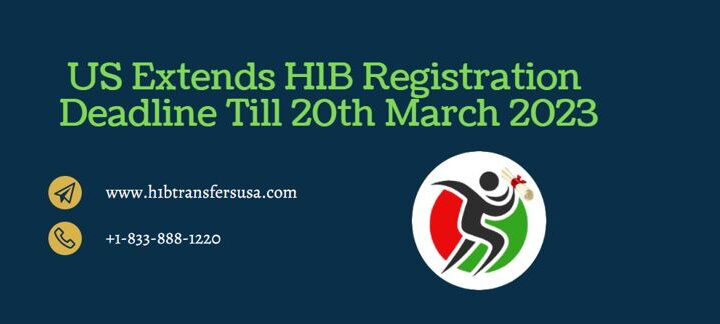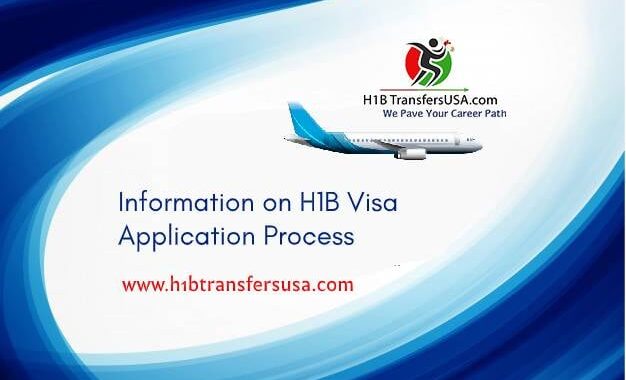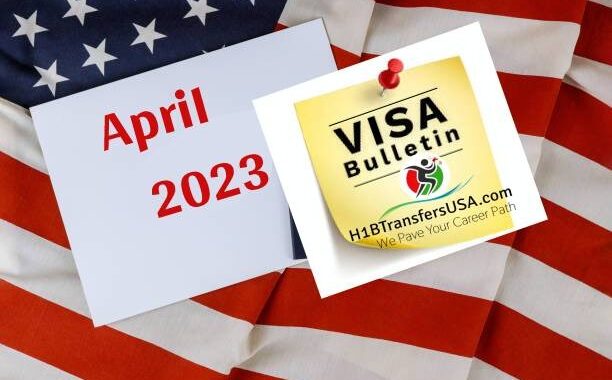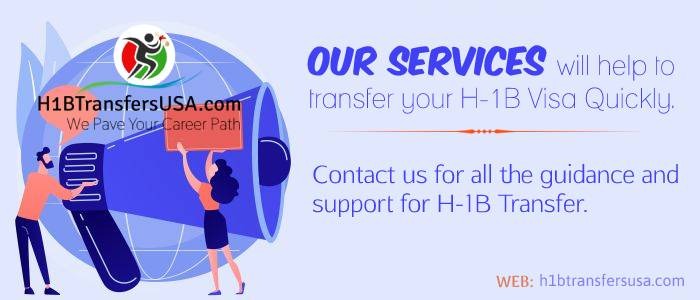Republicans attempt another shot at H-1B and OPT
4 min read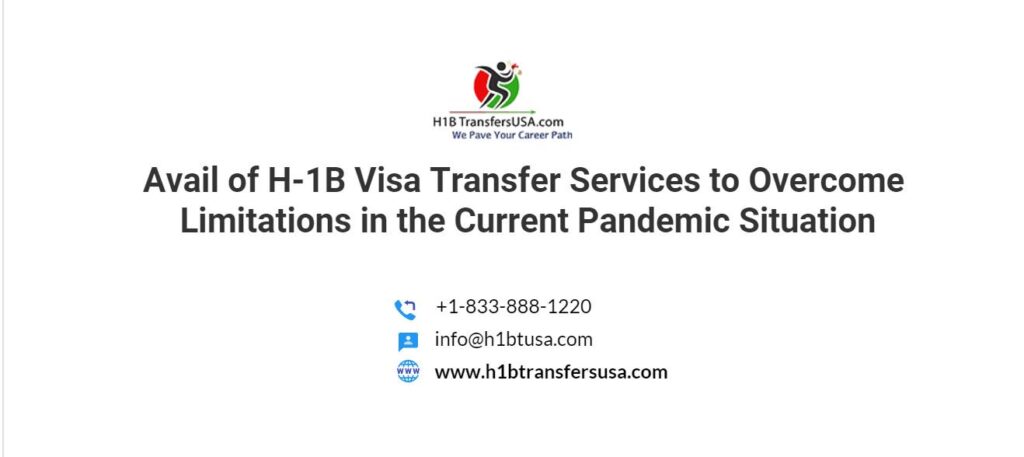
H-1B and OPT: Like many immigration bills introduced by the Republicans, the latest introduced in the House of Representatives. The American Tech Workforce Act of 2021, is something like an attempt to redress a wrong that has never been fairly examined, far less established.
At the heart of the Bill is the perception explained by its Republican author. “Big Tech is setting aside some of the most lucrative and valuable career opportunities in America and giving them only to foreign guest workers. They’re removing Americans to save a couple of bucks.” There is no proof for these assertions. Further, if the target of the Bill is “Big Tech” (famously not a friend of the Republicans). For what reason are there no exclusions for small businesses and for organizations that are not related to technology – health care, for example?
Another shot at H-1B and OPT
The author of the Bill, Representative Jim Banks, takes note that his bill is essential for a Republican Study Committee initiative. To consider Big Tech accountable. The connection in this sentence brings up the “issue page” dominated by the Republican call to end the censorship. There is little doubt the Bill is designed to punish the technology industry for imposing control overstatements. That range from misleading, half true, all the way through to lawful lies. That these controls are found objectionable by the Republicans only. And a president of the country from their party is restricted from social media, bears witness to the quality of their rhetoric.
The American Tech Workforce Act (in its four, ill-thought-out sections) purports to tilt the playing field in favor of the American workforce. Is this simply a Bill without a just cause? Allow us to analyze the information.
The current rate of U.S. unemployment in the Professional, Scientific, and Technical Services is 2.4%. A rate of 4-5% is viewed as full employment by most economists. Inflation is at 6.8%, the highest level in almost 40 years, and the Federal Reserve Board has recognized it. Also, it is partly being fueled by a lack of workers. CNBC has noted: “Economist so many individuals resigned and fewer immigrants coming into the U.S. are two factors behind the labor shortage.” According to the U.S. Bureau of Labor Statistics, the number of job opportunities has expanded to a record 11.0 million. The 27 million small businesses, responsible for almost 50% of the GDP, are the most seriously impacted. They can’t find workers A Bill like this would destroy them.
The Bill after making a few “findings” without any study and at least one of which is actively misleading:
- Creates a wage floor for H-1B visas set at the higher of the yearly wage last paid to an American worker “who did identical or similar work” in the past two years or $110,000. I note that the phrase “similar work” is particularly vague as are many of the current H-1B regulations. The Bill is also silent on how to establish the wages for any newly created jobs.
- Note also that the U.S. DOL had to back off its attempted salary flimflam started under the Trump government, but ultimately withdrawn in litigation. The flaws in DOL’s attempts were many pointed out in a successful claim against the DOL. Including that the guideline: “arbitrarily and capriciously requires employers to pay entry-level H-1B employees. As if they had master’s degrees, even though a bachelor’s degree or equivalent is the minimum qualification for H-1B classification; irrationally sets the minimum salary for “entry-level” employees in an occupation as the 35th percentile of wages got in that occupation, implying that “entry-level” H-1B employees must be paid over 35% of workers.
[What the future of the US EB-5 Green Card looks like]
- Eliminates a wide range of OPT programs for foreign students. The OPT program also has been the subject of extensive litigation and held up by the courts. Since the Bill can observe no rational support for a key educational program that gives work opportunities. It notes rather that the H-1B and OPT Program functions as a tax reduction for employers.
- Limits the ability of end customers (of all sizes, small or large businesses). To contract with third-party companies by limiting the maximum validity period of the H-1B to 1 year.
- Eligible H-1B applications are awarded to the greatest bidder. There is no description of what this bidding process would compare as baseline wages, nor is there any exception for small businesses.
Conclusion
Looking at this Bill, one is left with the clear conviction that this is just a cartoonish Bill to harvest votes. Searching for a purpose that has not been displayed to exist in the empirical world.

